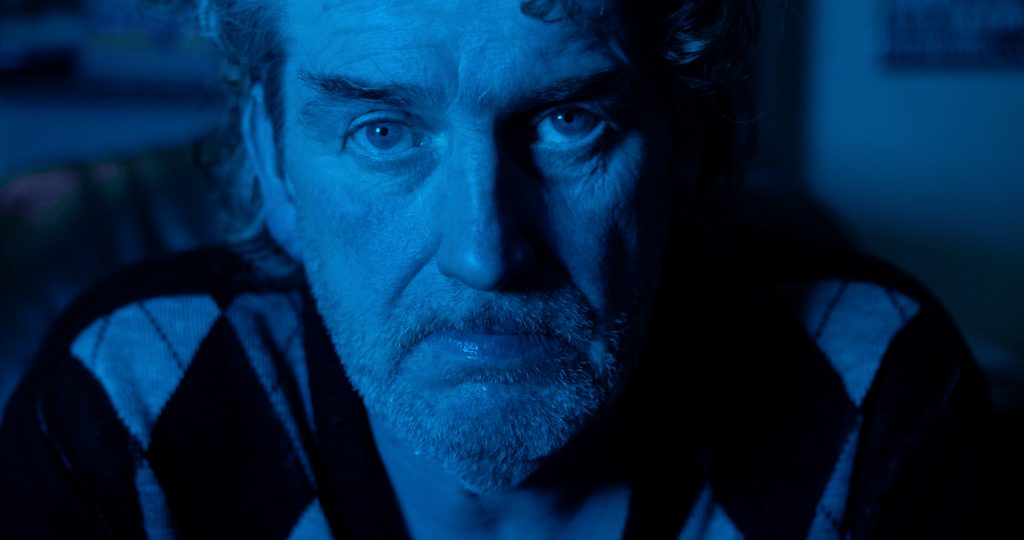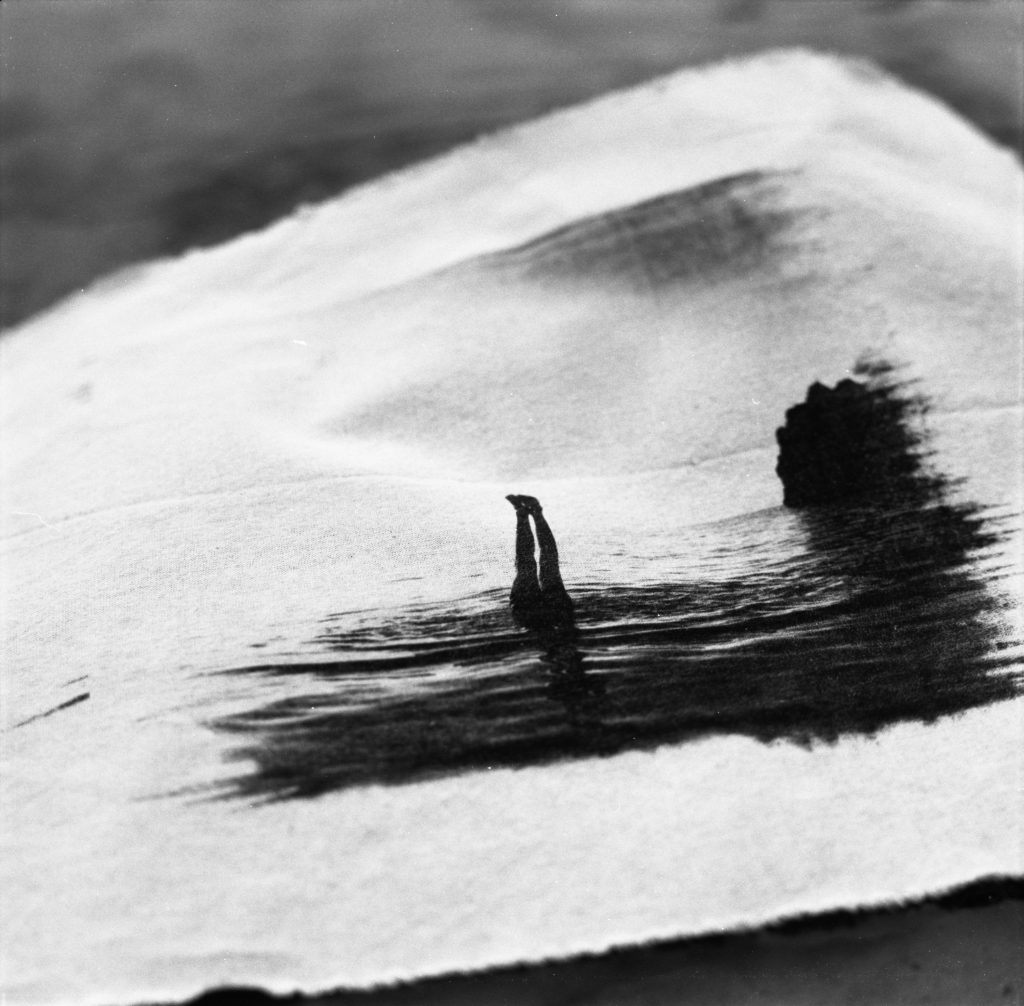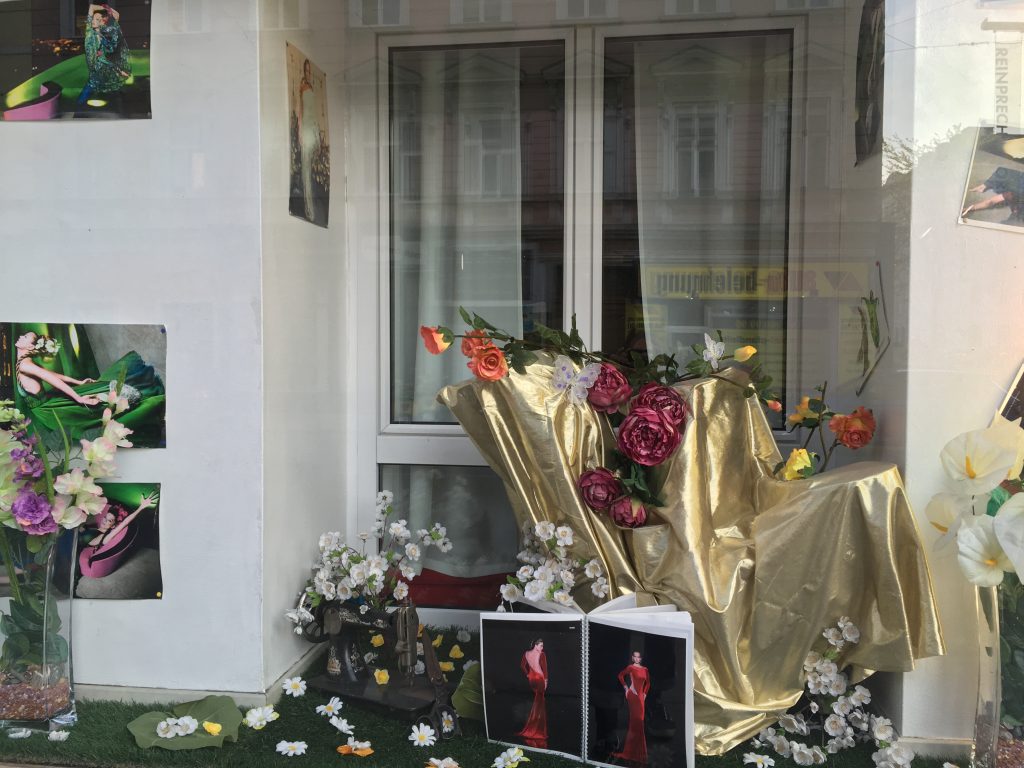HOME AWAY FROM HOME
Group Show.
Mike Ioannidis, Sion Thomas, Vasilia Sofro, Ivan Marenco, Eirini Tiniakoy, Nynne Jensen, Marina Lembu, Kieran Owen
Featured bellow:
Dislocation by Mike Ioannidis
Feeding a City by Eirini Tiniakoy
Dave Datblygu: Death To Welsh Culture, Its’ Meat and Tradition by Sion Thomas
Home away from home is the first Open Call initiative from ASTRO.
Its aim was to bring together international artists’s work on interpreting the concept of a home away from home.
︎︎︎ ABOUT︎︎︎ HOW TO SUBMIT
︎︎︎ OPEN CALL


